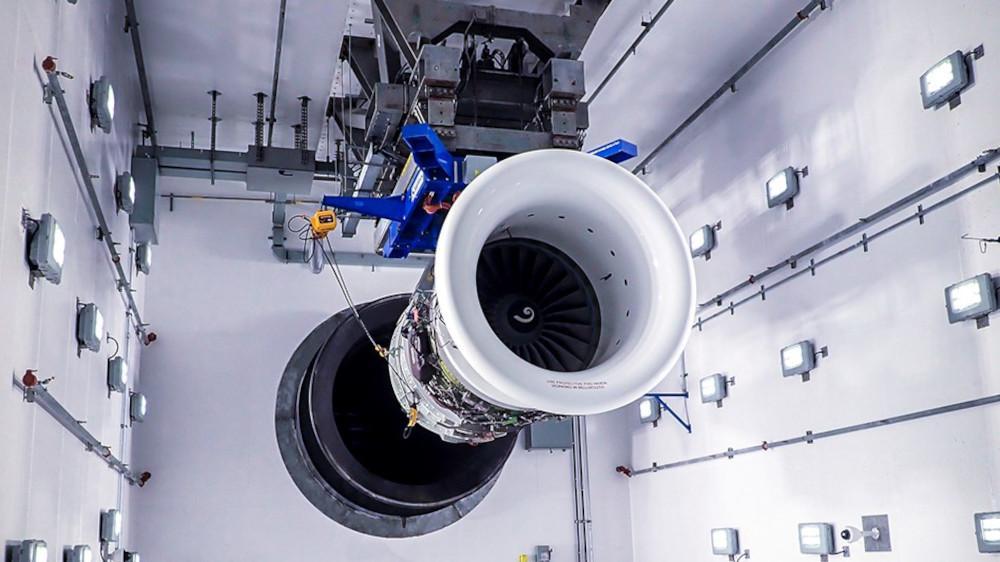
With engine overhaul turn times drifting upward, business is booming for providers of alternative solutions.
One such provider is FTAI Aviation, which offers engine leases and module changes as an alternative to overhauls.
The U.S.-based company always thought demand for current-generation narrowbody engines would pick up sharply as the world recovered from the pandemic, but the current combination of circumstances must have been beyond its wildest hopes when it was laying out its business case in 2020.
First are the new aircraft delivery delays which are extending the service lives of the Airbus A320ceo and Boeing 737NG aircraft that use FTAI Aviation’s core product. A second boost has come from the supply chain problems undermining turnaround times for traditional engine maintenance.
A huge surge in Pratt & Whitney Geared Turbofan and CFM Leap engine hospital visits has further boosted demand for older engines like the CFM56, while also gumming up global maintenance capacity and therefore helping demand for alternative solutions like module changes.
“People that were estimating they were going to take assets out of service or not do another shop visit, or might part them out, are delaying and deferring that. So there'll be more maintenance and assets will last longer," said FTAI Aviation chairman and CEO Jospeh Adams during a recent earnings call. "All of those factors are very, very good for the equipment that we maintain and own,”
He added: “The [maintenance] market is definitely getting tight and is going to get tighter, and that's very good for us because we're essentially just pre-building modules to supply people in a short period of time and have them avoid or skip the agony of a shop visit."
Adams was speaking after a very successful third quarter in which the company’s aerospace products revenue more than doubled, year-on-year, to $107 million.
This included higher used serviceable material sales from its engine teardowns as well as 41 module sales. FTAI expects around 130 module sales this year and further growth in 2024, when it expects to sell around 200.
